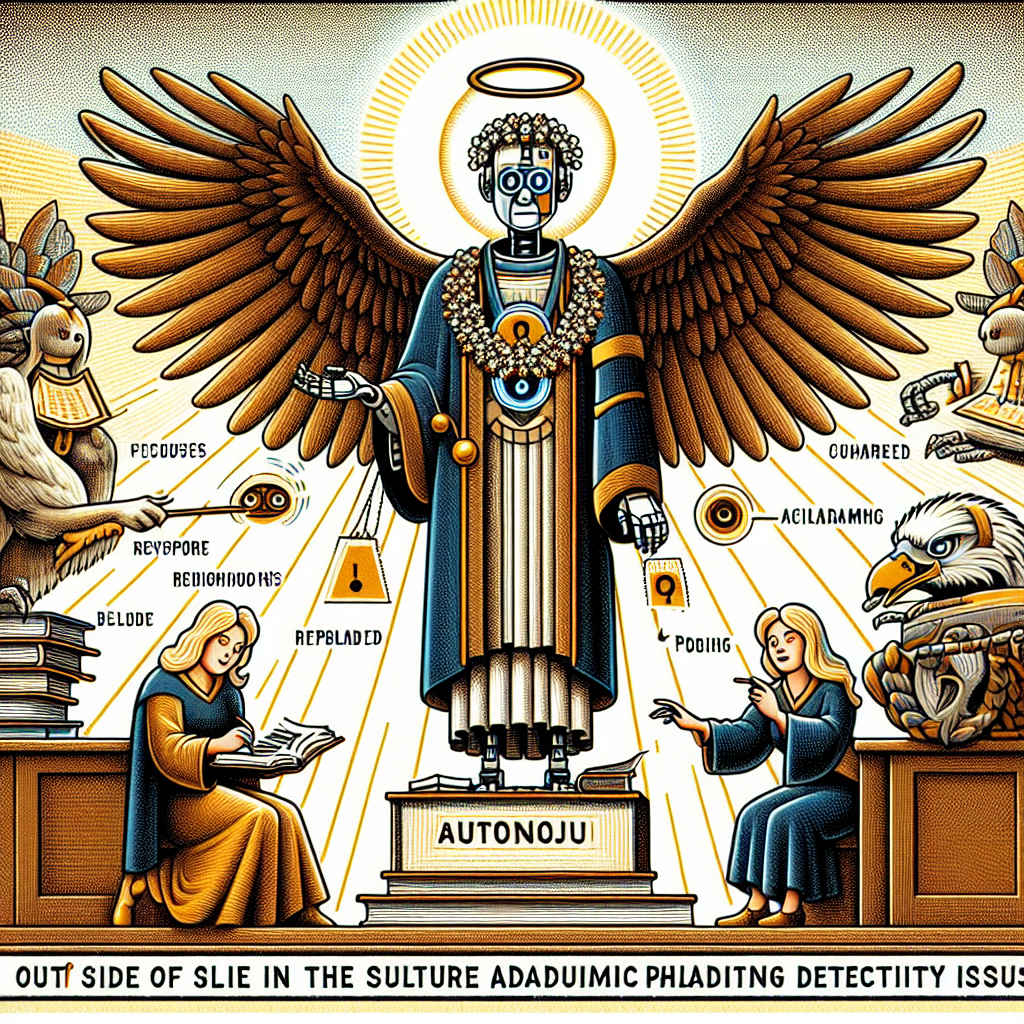AI-Engineered Test Responses Slyly Evade Detection in Real-World Examination

“AI-generated exam answers go undetected in real-world test”
“In a test that involved analyzing over 40,000 essay-style exam answers, AI-generated responses remained undetected. A study conducted by Germany’s AI Foundation and ARD, the country’s public-service broadcaster, showed that 7% of responses weren’t flagged by the anti-plagiarism program, Turnitin.”
Could this sentence pose a threat to the education system as we know it? Well, it could. The fact that 7% of exam answers, effortlessly churned out by artificial intelligence, managed to slide past the watchful eyes of Turnitin is enough to entertain such a notion.
What does this say about the evolutionary trajectory of AI anyway? Certainly, it begs a mind-boggling question; Is artificial intelligence veering towards emulating human creativity in such a frighteningly accurate semblance that even anti-plagiarism software, the supposed gatekeepers of originality, are unable to draw the line?
Contrary to what one might imagine, the AI-generated responses were not all rosy and top-of-the-class. In fact, they reflected a pretty mundane performance. The robot responses got average marks, 56% to be precise (let’s hope those ambitious parents of the AI don’t get a heartbreak). But the interesting thing is that they were all original content. Not some pilfered and recycled material.
Those minds that conjured up the sacrosanct idea of Turnitin must have been in great shock – Isn’t this the part where we all gasp collectively? We did not spend all those sleepless nights coding for average Joe to be taken down by a machine relying only on 0s and 1s to think.
On the other hand, brace yourselves! It may be time to heed the alarms warning about AI advancements in academics. Before we know it, artificial intelligence may close the gap with humans in generating creative content, pushing the envelope beyond imitating ‘average Joe’ to becoming ‘above average Autonoe’.
Are the days of human students fretting over producing original content for their assignments numbered? Would AI-based assistance escalate to the point where it defeats the very purpose of evaluating a learner’s understanding and ability to articulate their thoughts? Let’s watch this space for tech advancements and academic integrity to collide.
While we have yet to reach the doomsday where AI takes over our academic responsibilities entirely, the study carried out by the AI Foundation and ARD is indeed a wake-up call. The academic eco-system needs to gear up to combat and deal with the implications of these AI advancements. Because, who knows, the future might just throw us a curveball.
